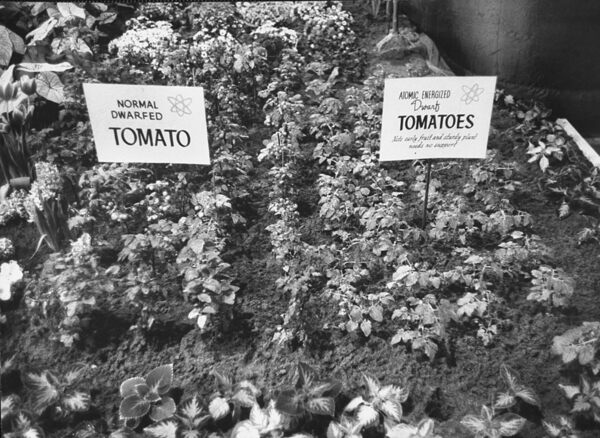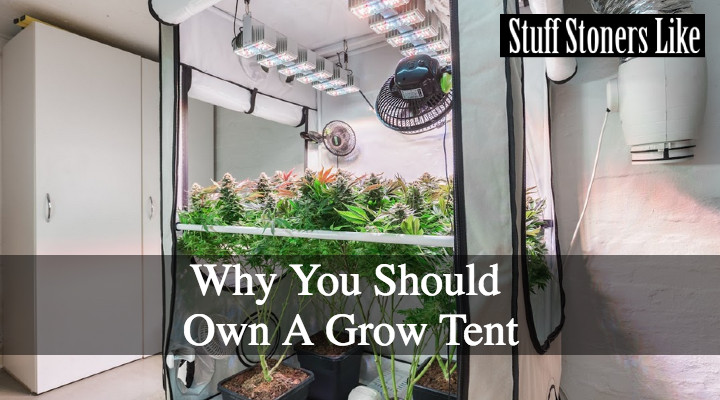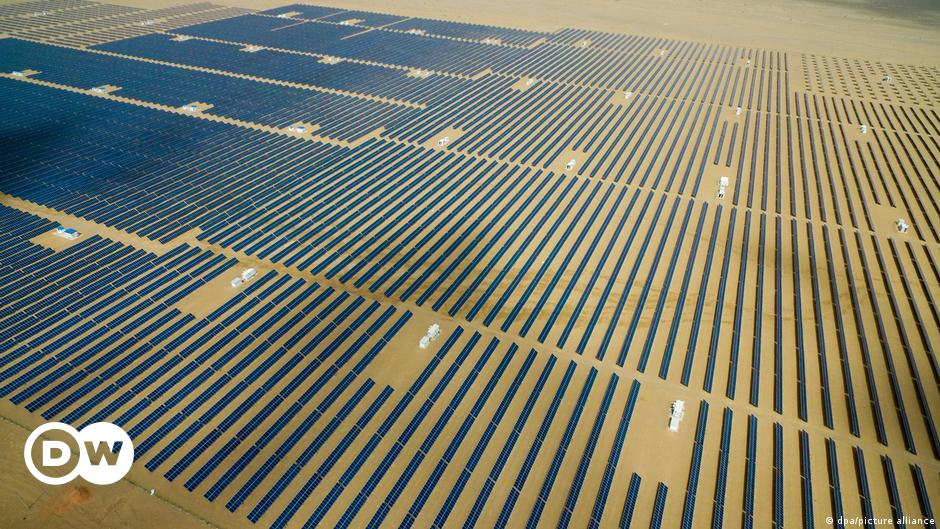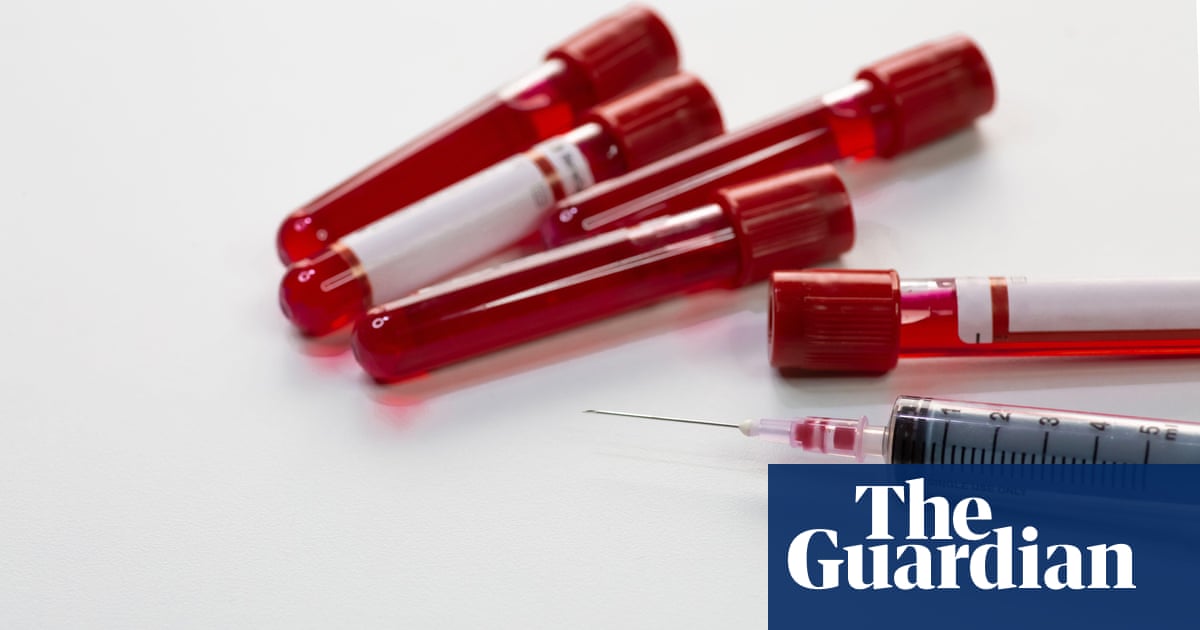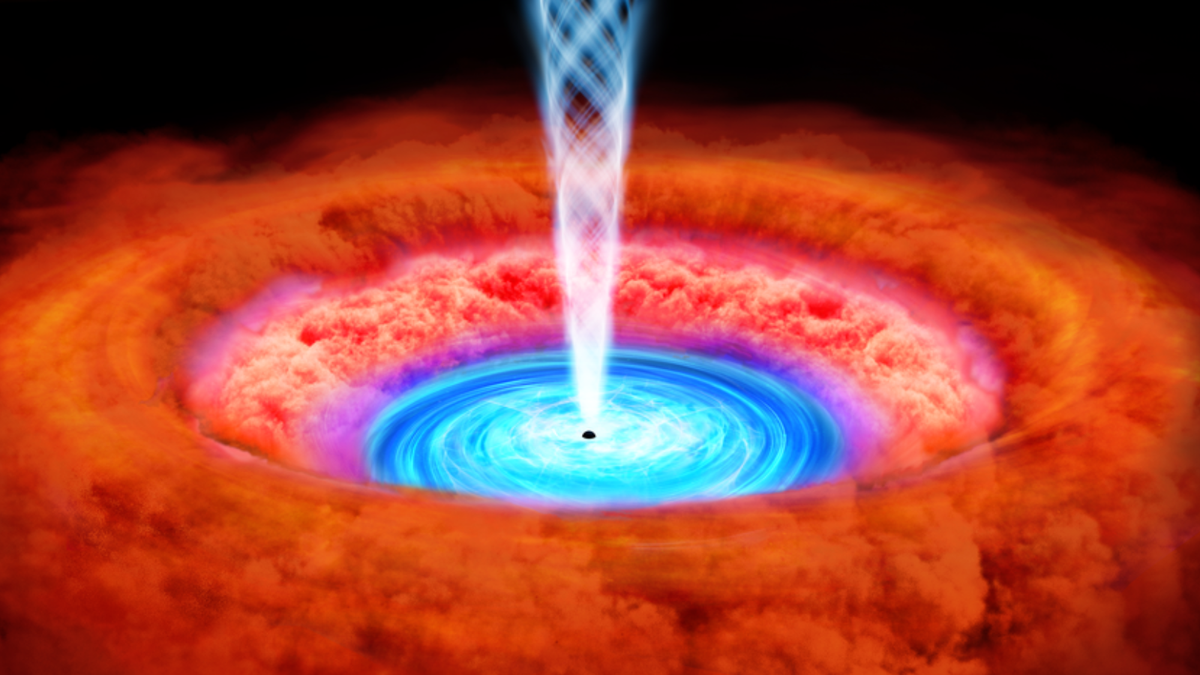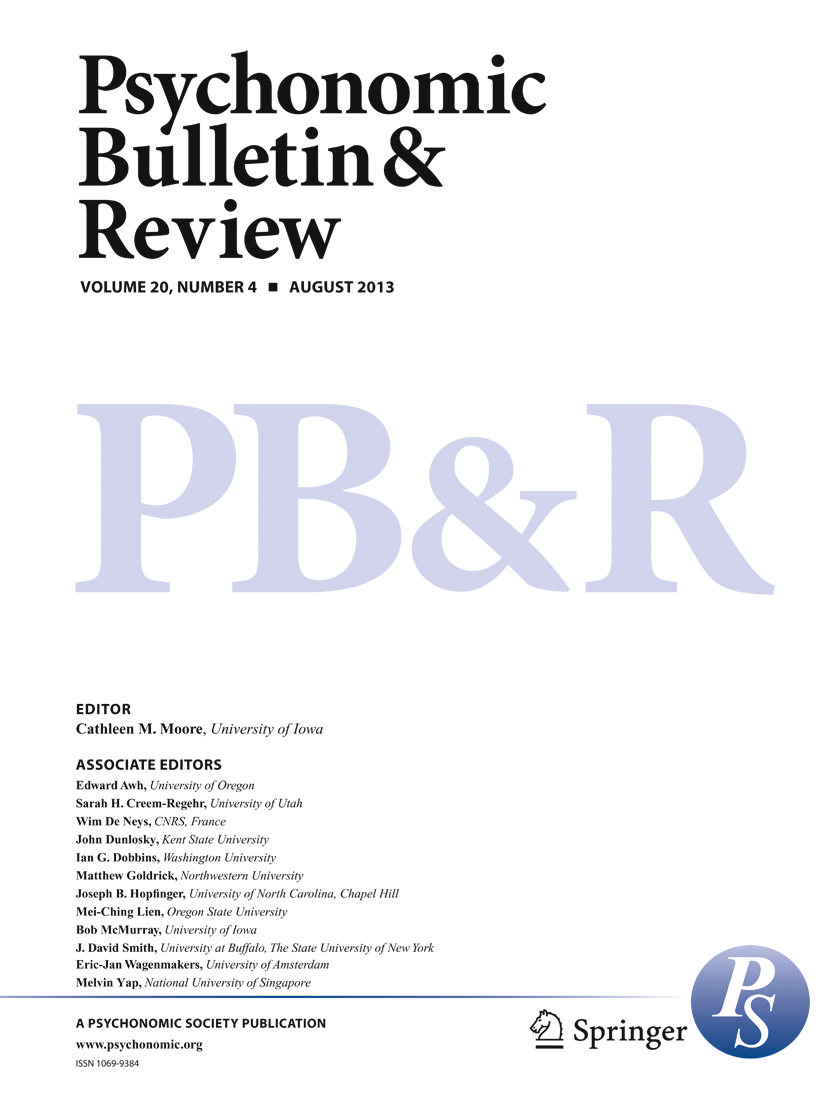
Plants can grow in near-darkness, new research shows—here are three promising benefits
This article has been reviewed according to Science X's editorial process and policies. Editors have highlighted the following attributes while ensuring the content's credibility:
Plants can grow with much less light than previously thought, according to a new study on tiny water-based organisms called microalgae that has been published in Nature Communications. The German-led team of researchers lowered light sensors into Arctic water to a depth of 50 meters to test how low light levels must become before plant life ceases to exist, with incredible results.
They found that plants were able to perform photosynthesis—the process in which their leaves convert sunlight into energy—with very little light indeed. Not only did the microalgae carry out this process at the lowest light levels ever recorded (just 0.04 micromoles of photons m⁻²/s⁻¹), this wasn't very far from what computer simulations predict to be the lowest light possible in any circumstances (0.01 micromoles of photons m⁻²/s⁻¹).
To put this in context, typical light conditions outside on a clear day in Europe are between 1,500-2,000 micromoles of photons m⁻²/s⁻¹—that's more than 37,000–50,000 times the amount of light required by those Arctic microalgae. It is an amazing discovery that some plants are adapted to survive with so much less light.
